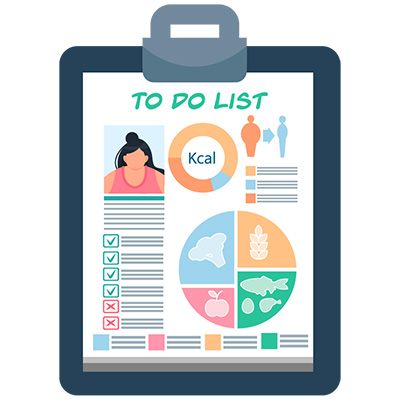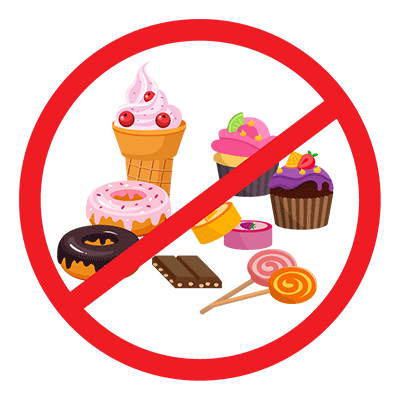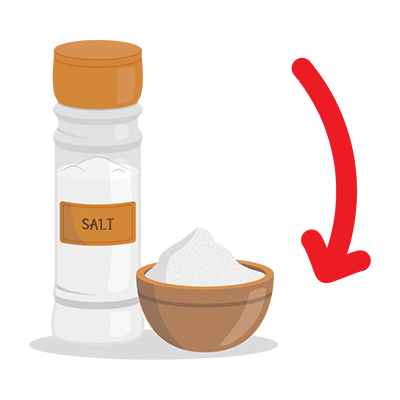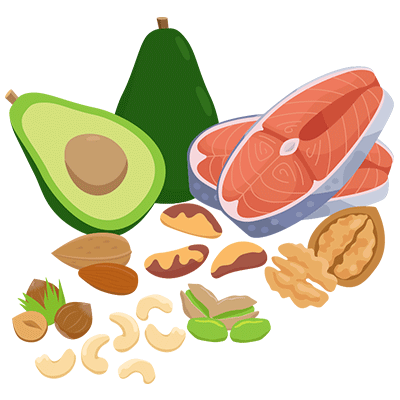Healthy Living
How to Jump Start Resolutions for Your Health
Last year, three of the top five New Year’s resolutions were for better health, according to Statista, a company dedicated to collecting data:
#1 – Doing more exercise or improving my fitness (50%)
#2 – Losing weight (48%)
#3 – Saving more money (44%)
#4 – Improving my diet (39%)
#5 – Pursuing a career ambition (21%)
And, FYI, the #10 most popular resolution was to quit smoking, also health related. We care about our health because it makes us feel better day to day. This can be the year to make a positive difference in your health, and here are steps and tips to make it happen.
How to Get Started
Step 1 – Write it downIt’s true. The simple act of writing down your goals gives you a much greater chance of achieving your goals. A 2015 study conducted by Dominion University in California showed that those who wrote down goals accomplished significantly more than those that did not. |
 |
Step 2 – Start smallConsider making one change at a time or starting with goals for which you have the highest motivation. Let the good feeling of successful achievement propel you forward to reach the next goal and keep going. |
 |
Food Goals
If your goal is to lose weight, healthy eating is a place to start. A healthy diet has other benefits as well: boosts your immune system, keeps skin, teeth and eyes healthy, supports muscles and also the digestive system and strengthens bones. OK – let’s do this. But how to start?

Detox from sugar |

Increase number of vegetables per day |

Reduce sodium intake |

Reduce saturated fat |
The information above is intended to get you started, and there is much more to know. We encourage you to talk with your doctor and research credible sources for a broader picture.
Exercise Goals
Here’s some good news – you don’t have to be a super athlete for your body to win from exercise. Benefits kick in with any amount of even moderate intensity exercise. When you think exercise, don’t just think high intensity. While it is good to elevate your heart rate for 30 minutes a day most days, the effect can be achieved several ways. Remember the four types of exercise – endurance (cardiovascular), strength (weight resistance), balance and stretching (flexibility). Here are a few tips:
- To get started, try something new or return to a type of exercise you enjoy. The more you like it, the more consistent you’ll be.
- Find a buddy to walk with several times a week, an activity that is safe for most people.
- Schedule time for exercise, just like you schedule other events and activities.
Step 3 – Ask for accountabilityThe same goal study cited above indicated that more than 70 percent of participants who sent weekly updates to a friend accomplished their goals, compared to only 35 percent that did not share their goals with others. Talk about and share your goals with a friend or family member and then celebrate with that person when you reach your goal. And/or, keep a food and exercise diary. Something about writing down what you eat and do makes it more accountable to yourself. |
 |
Whatever the New Year brings, please take care of your health and know that we are here for you in every season of life. Happy New Year!
Sources:
Statista
Dominican University
U.S. Department of Health and Human Services
Centers for Disease Control and Prevention
U.S. Food and Drug Administration

